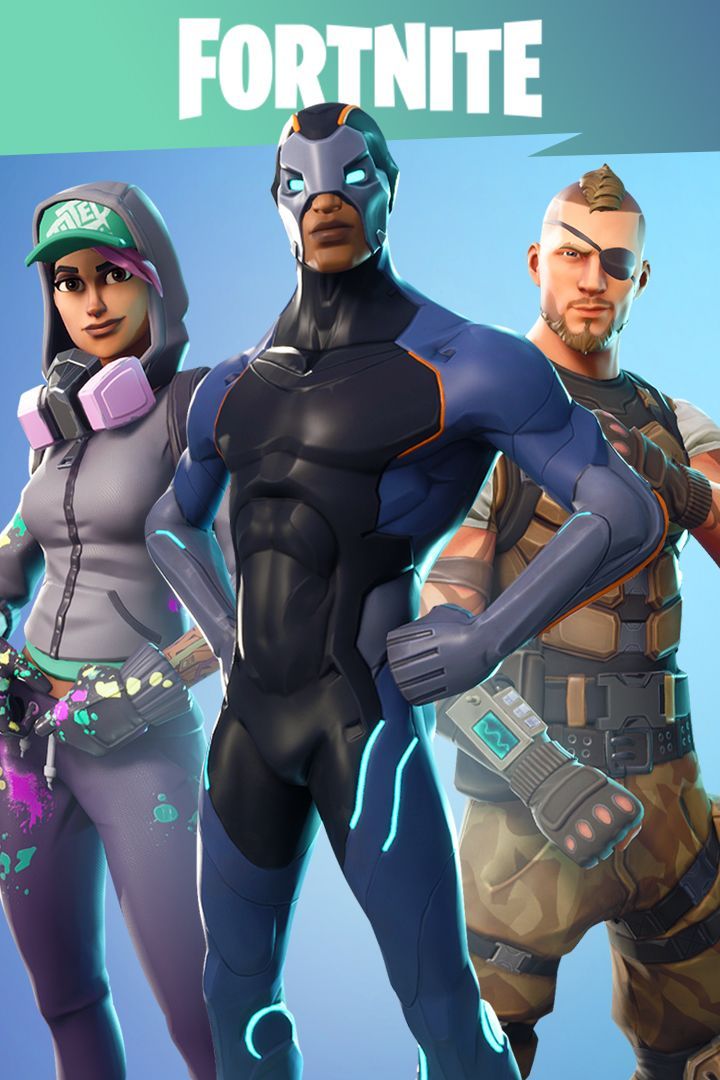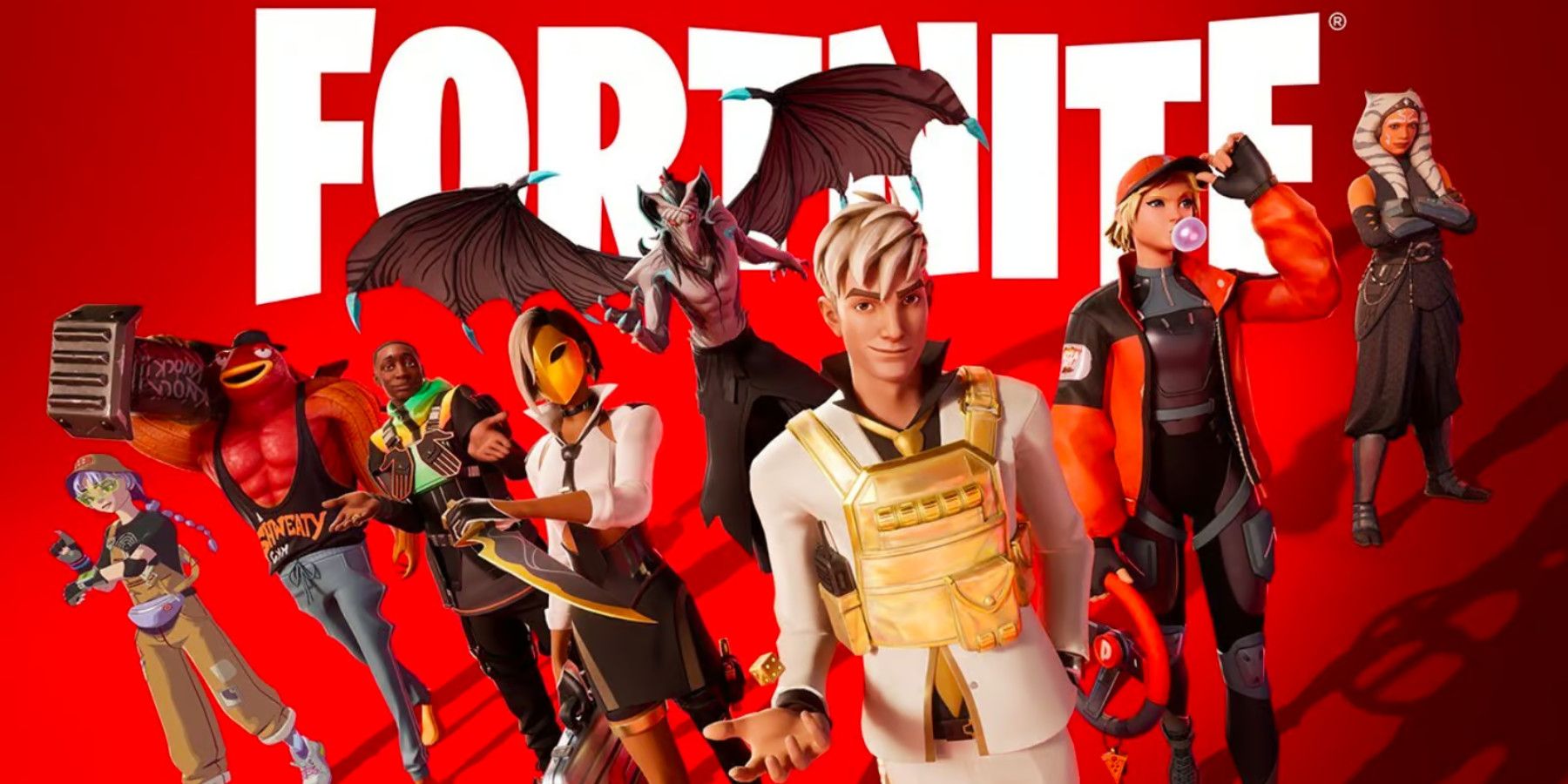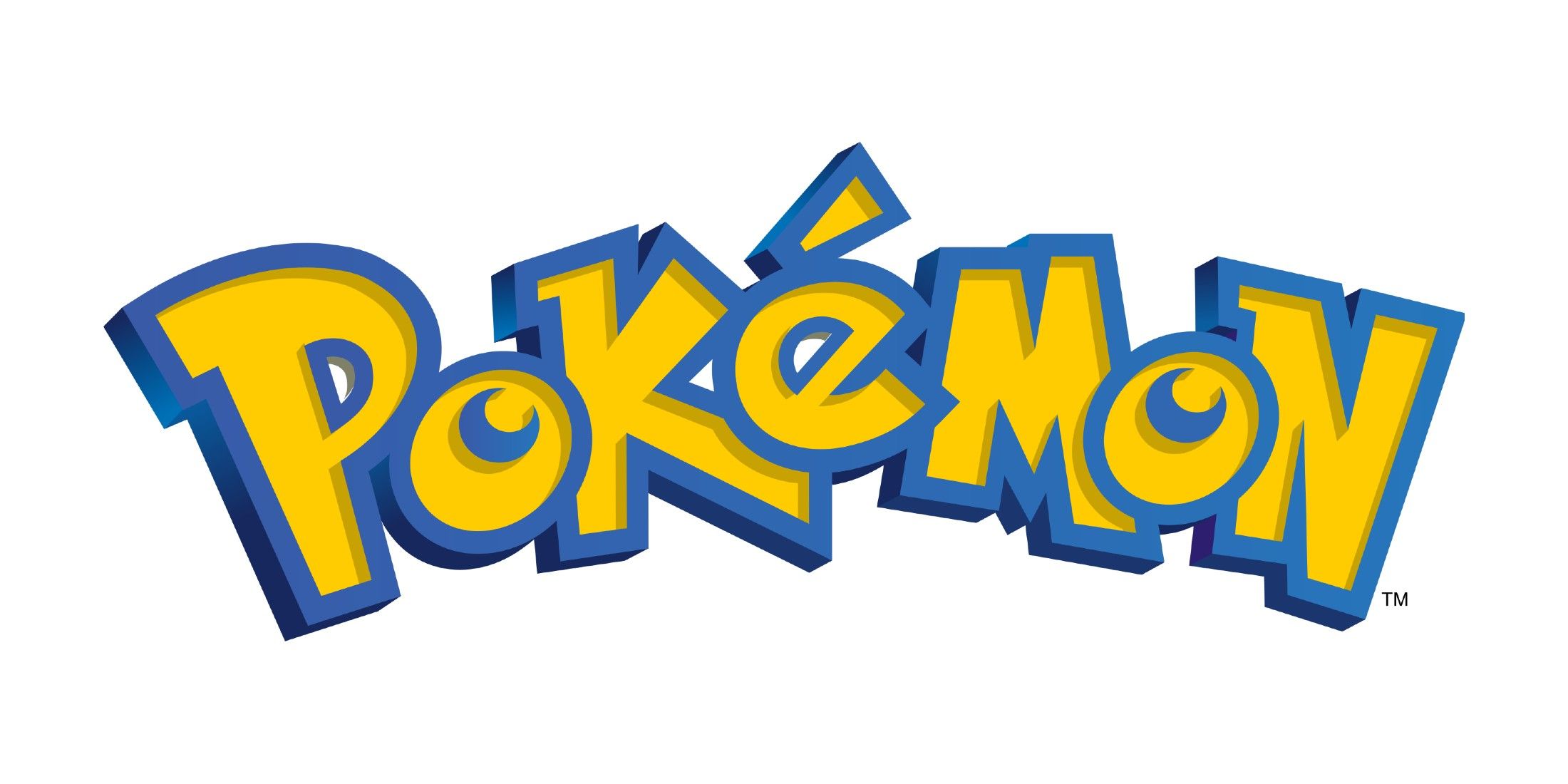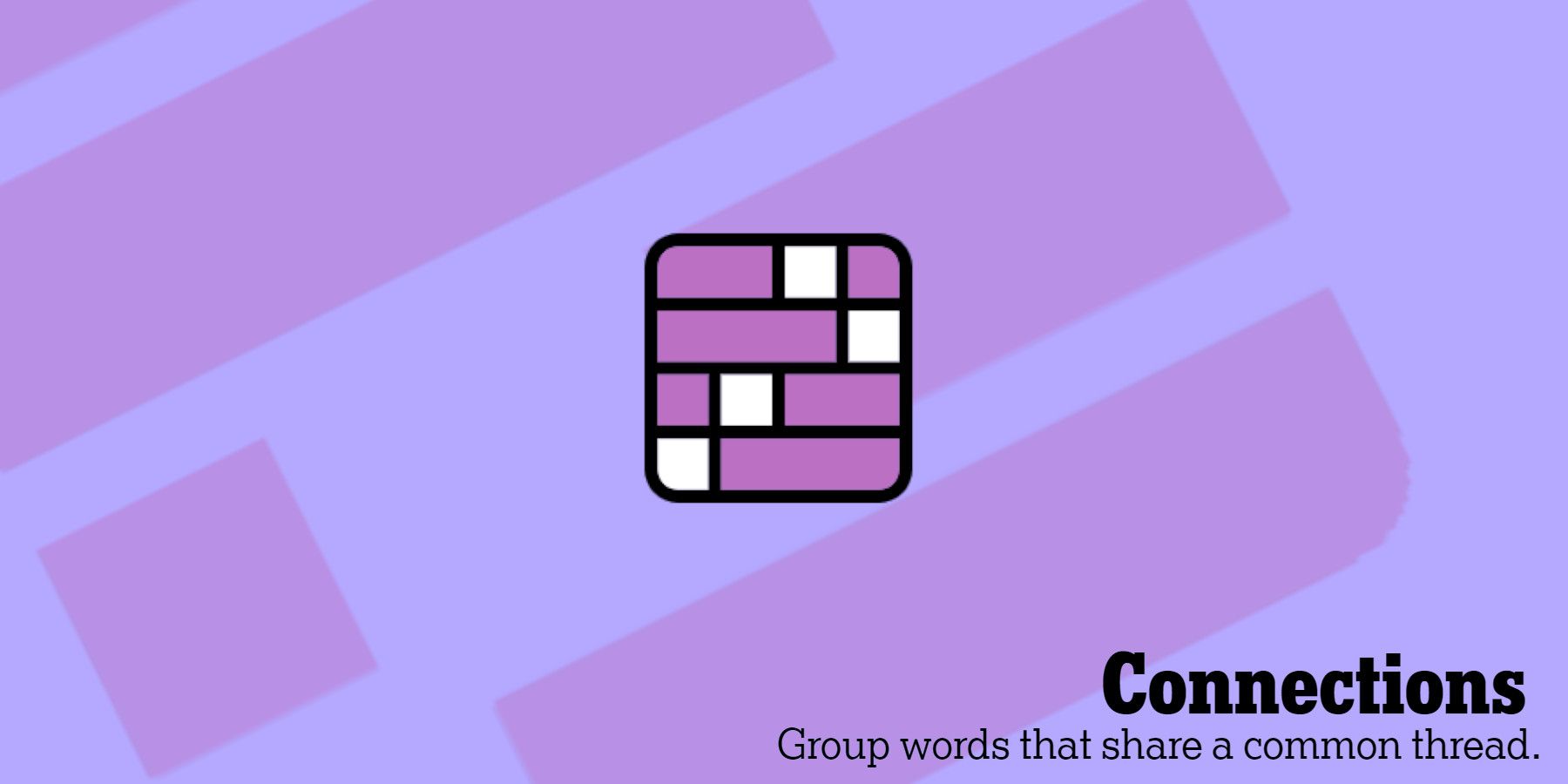Highlights
- Fortnite’s timed battle passes create a sense of fear of missing out (FOMO) and pressure gamers to constantly play, which can detract from the enjoyment of the battle royale title and make it feel like work.
- Permanent battle passes, like those seen in games like Halo Infinite or the recently released Helldivers, offer players more flexibility and allow them to complete the content at their leisure, which may attract a broader audience, including casual players or non-gamers.
- By removing time limits on battle passes, Epic Games could potentially reel in new players and keep them invested in Fortnite, contributing to the game’s longevity and boosting battle pass sales.
Battle passes are a staple of live-service gaming, with Fortnite featuring some of the most widely publicized examples of the content tactic. Indeed, despite controversies associated with Fortnite‘s battle passes, this approach to monetization has proven to be immensely successful, keeping players engaged in the game. However, Fortnite battle passes could be greatly improved by making one key change.
Historically, battle passes have been about keeping players engaged with a seasonal content model, driving monetization in games that are either free-to-play or have a comprehensive multiplayer component. In Fortnite‘s case, battle pass progression allows players to unlock in-game currency, character skins, and assorted cosmetics. There’s a major catch, however: the rewards associated with each battle pass expire at the end of each season, encouraging players to spend as much time playing the game as possible, lest they take a perceived loss on their investment in the battle pass.
Sunsetting Fortnite’s Save the World Game Mode Might Be for the Best
While Fortnite’s journey originally began with the Save the World game mode in 2017, now may be the ideal time to lay the niche campaign to rest.
Fortnite Should Do Away with Timed Battle Passes
Time limits are generally considered to be part and parcel with battle passes, but some live-service games have adopted a different approach. Before changing its content model, Halo Infinite was the most prominent example of a live-service game with permanent battle passes, allowing players to purchase a battle pass and complete it at their leisure. When a new season started, a new battle pass became available for purchase, but players could still make their way through the battle passes of previous seasons. This model has a number of benefits over its traditional, timed counterpart, and with Helldivers recently finding success with a similar approach, Fortnite should learn from it.
The Problems with Fortnite’s Timed Battle Passes
FOMO, or ‘the fear of missing out’, is a common problem discussed in live-service game communities, and it is essentially directly tied to traditional battle pass systems. Games like Fortnite will implement time limits for prized content, which can be viewed as an exciting series of events, but often only in the eyes of the most dedicated players. For others, there can be a sense of anxiety associated with these arbitrary time limits, as they incentivize near-constant play.
Since these battle passes aren’t free, many can feel like they aren’t getting their money’s worth unless they unlock all the battle pass content. This can have the unintended consequence of making gaming, which is supposed to be inherently fun, feel like work, as there are consequences to not playing. Oftentimes, Fortnite‘s battle passes are a big time commitment, which can turn more casual players off.
How Fortnite Could Benefit from Permanent Battle Passes
Though the issues associated with traditional battle passes are widely discussed, the bottom line is that people are buying Fortnite‘s battle passes, and thus implicitly accepting their time limits. However, Epic Games could actually benefit from making the battle passes permanent, especially as Fortnite continues to expand. Reeling in new, casual players and keeping them invested will be important to the game’s longevity, but most casual players likely won’t be interested in following the timed battle pass structure due to the time commitment. Following Epic Games’ partnership with Disney, it’s probable that both companies will be interested in expanding the Fortnite player base, and removing the pressure of a fast-paced battle pass system could help attract casual players or even non-gamers, encouraging them to invest in battle passes that can be completed at their leisure.
Battle passes and microtransactions have received a good deal of valid criticism over the years, but that shouldn’t mean that they necessarily have to be at odds with what’s best for consumers. Unshackling Fortnite battle passes from their time limits might make for a slightly less voracious player base, but this could be exchanged for a broader audience that is more willing to purchase battle passes in the first place.

Fortnite
Fortnite is a massively popular game that has several modes, the most famous of which is the online battle royale mode. In this mode, players collect items, build structures, and battle it out to be the ultimate victor.
- Released
- July 25, 2017
- Multiplayer
- Online Multiplayer
- Engine
- Unreal Engine 5
- ESRB
- T for Teen – Violence
- Metascore
- 78
- Platforms That Support Crossplay
- Mobile, PC, PS4, PS5, Switch, Xbox One & Xbox Series X|S
- Split Screen Orientation
- Horizontal Only
- Number of Players
- 1-2
- PS Plus Availability
- N/A
- Local Co-Op Support
- 1-2 Players
/cdn.vox-cdn.com/uploads/chorus_asset/file/25199378/HT012_Google_drive.png)







